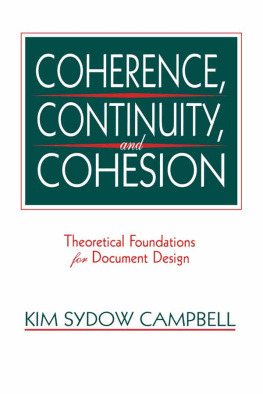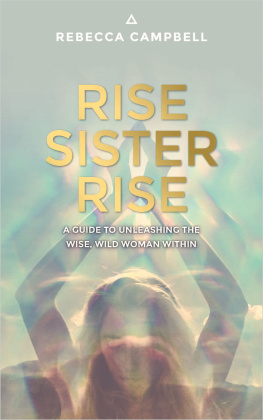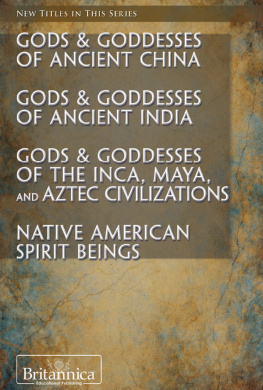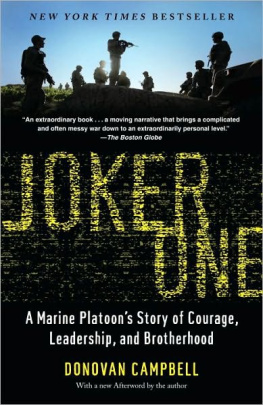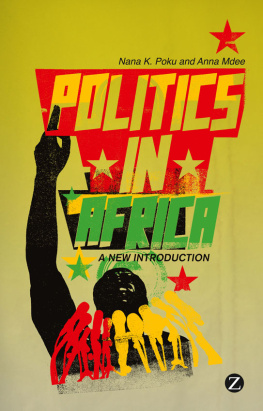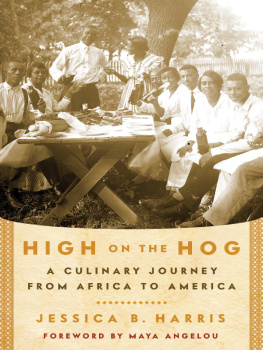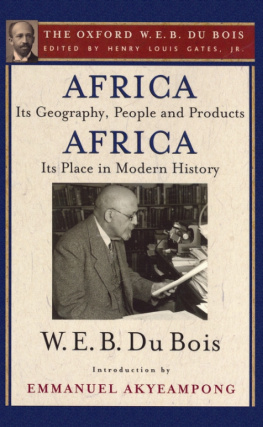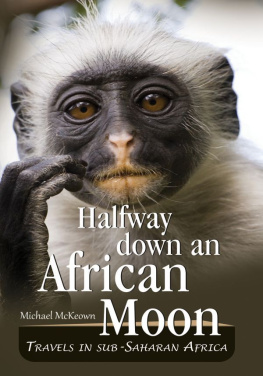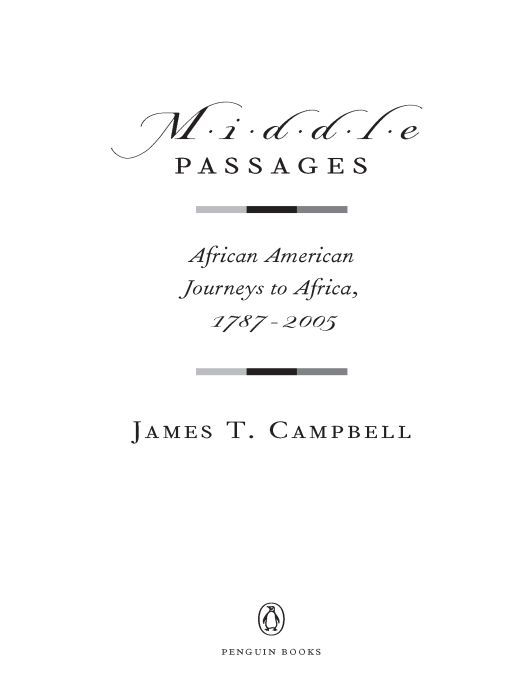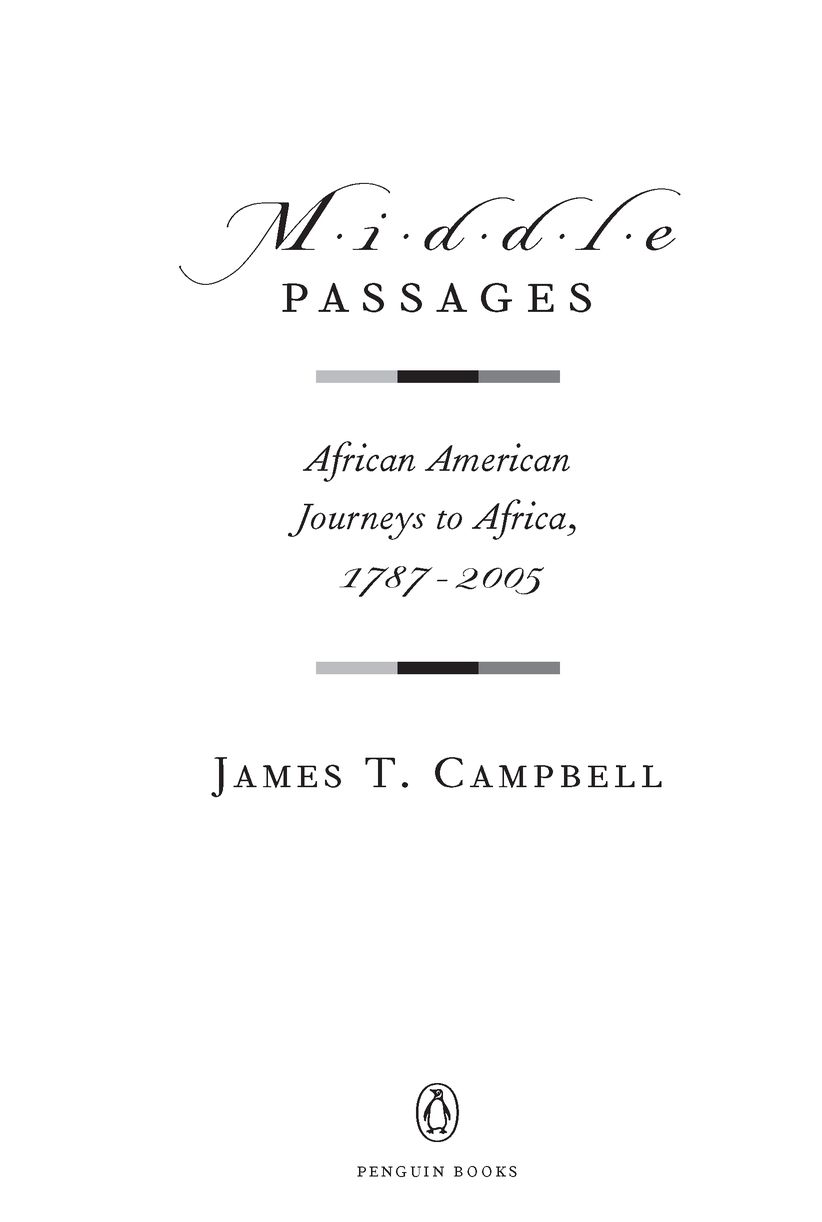Table of Contents
PRESIDING
EDITOR
Arthur Schlesinger, Jr.
BOARD
MEMBERS
Alan Brinkley, John Demos, Glenda Gilmore, Jill Lepore, David Levering
Lewis, Patricia Limerick, James M. McPherson, Louis Menand,
James Merrell, Garry Wills, Gordon Wood
AUTHORS
Richard D. Brown, James T. Campbell, Franois Furstenberg, Julie Greene,
Kristin Hoganson, Frederick Hoxie, Karl Jacoby, Stephen Kantrowitz,
Alex Keyssar, Calvin Mackenzie and Robert Weisbrot,
Reid Mitchell, Joseph Trotter, Daniel Vickers,
Michael Willrich
PENGUIN BOOKS
MIDDLE PASSAGES
James T. Campbell is an associate professor of American Civilization, Africana Studies and History at Brown University. He is the author of Songs of Zion: The African Methodist Episcopal Church in the United States and South Africa (1995), which was awarded the Organization of American Historians Frederick Jackson Turner Prize and the Carl Sandburg Literary Award for Non-Fiction. A graduate of Yale and Stanford, he lives with his family in Barrington, Rhode Island.
For my parents,
Ralph E. Campbell and
Patricia Tierney Campbell,
with love and gratitude
Preface
DAVID LEVERING LEWIS
When Ludwig Max Goldbergers Land of Unlimited Possibilities was published in 1903, nearly three hundred years of American history were said to attest to the admiring German economists thesis. Scholarship then and since, notwithstanding occasional dissents in recent days, has certified the national gospel of material and social progress. America was unique, the place where people disencumbered themselves from their pasts, where they lived in a perpetual state of renewal and reinvention. America was the past transcended and forgotten; it was historys tabula rasa.
By striking coincidence, Land of Unlimited Possibilities appeared in the same year as W. E. B. Du Boiss The Souls of Black Folk, a book bearing an equally iconic title, but a book unveiling American experiences that were practically the antitheses of the possibilities lauded by the former as virtual birthrights. Not only was the rags-to-riches world of mainstream popular imagination absent from The Souls of Black Folk, poverty was revealed as a constituent of color in America. No limitless possibilities existed for those racially exempted from the miraculous agency of laisser faire. Du Bois described a condition in which the active citizenship of an entire racial group had been nullified in law, politics, and practicea people reduced to the status of outsiders in their own country. It is a peculiar sensation, this double-consciousness, he wrote in this Ur-text of the African Americans three hundred-year quest for definition and identity. One ever feels his two-nessan American, a Negro; two souls, two thoughts, two unreconciled strivings....
In this first book in the Penguin History of American Life series, James Campbell chooses the wide Atlantic world as the theater in which to address this tortured quest of the African American personality for self-definition over against the limited possibilities of a racially constricted universe. The focus and scope of this book, as with those soon to come from the Penguin History of American Life series, embody the interdisciplinary and integrationist ambitions of a twelve-member editorial board that seeks projects that engage history vertically as well as horizontally. We are committed to historical writing that demonstrates the permeability of traditional boundaries, whether geographical, ethnic, or cultural, and the value of blurring conventional categories of historical writing.
Middle Passages: African American Journeys to Africa, 1787-2005 is destined to claim a place in the forefront of the new history that calls itself, variously, Global, Diasporic, and Atlantic because it achieves in reality what has been in large measure an aspiration. A growing academic chorus rightly insists that the imbrication of the particular and the general requires ambitious conceptual parameters in which the local must be understood globally and vice versa. But as a number of recent titles signifying a new interpretive catholicity reveals, writing the new history is inordinately demanding and also noticeably deficient in results. Considerations of language fluency and disciplinary dexterity aside, the problem is that macro-history too often swallows up what is discrete or unique in a mass of thesis-driven generalities (a besetting aspect of the old annales school); or, conversely, that history in microcosm or as sub-field parochializes the global. As Campbells achievement demonstrates, the trick is to discern in a given historical exploration what is complementarily illustrative and explanatory.
Campbells book poses a bedrock question about a perennial. The question was implicit from the day in May 1787 when three English ships out of Plymouth deposited 411 bewildered souls at the mouth of the Sierra Leone River on Africas Windward Coast. The West African colony was the philanthropic solution conceived by Sir Granville Sharpe (famous for his defense in the Somerset case effectively ending slavery in Great Britain) and the Committee for the Black Poor to the problem of destitute black people, whose numbers had increased tenfold in England with the arrival of former American slaves at the end of the War of Independence. Two years later, the Sierra Leone colony lay moribund, its Granville Town settlement torched by the local African potentate, many settlers dead of malaria or hiring themselves to the British slave fort up the Sierra Leone River. The obvious question is, what did these transplanted American Negroes make of a British experiment in West Africa that would be replicated a few decades later by powerful white interests in the United States? What did Africa mean to them?
Africans on the North American continent have asked that question in various ways for more than three centuries. The authors remarkable narrative tunes in with virtually perfect fidelity on some two hundred years of this interrogative wave band, from the first organized efforts at return at the beginning of the nineteenth century to the expectations and recriminations of the ambivalent sojourners of recent years. Harlem Renaissance poet Countee Cullens well known Heritage serves as an epigraph establishing one of Middle Passagess two leitmotifs: What is Africa to me:... One three centuries removed / From the scenes his father loved / Spicy groves, cinnamon tree / What is Africa to me?
James Campbells second leitmotif echoes Du Boiss famous interrogation in Souls: How does it feel to be a problem? From the record of black Americans presumptuous equivocations toward Africa on the one hand, and their everlasting war of identity in America on the other (Cullen twinned with Du Bois), Campbell fashions a one-of-a-kind book, wherein the cross-pollination of biography and history transports the reader almost seamlessly into and out of eras and cultures and between continents and personalities. As the author propounds, strange as it may sound, Africa has served historically as one of the chief terrains on which Americans have negotiated their relationship to American society. To put the matter more simply, when an African American asks, What is Africa to me? he or she is also asking What is America to me?


